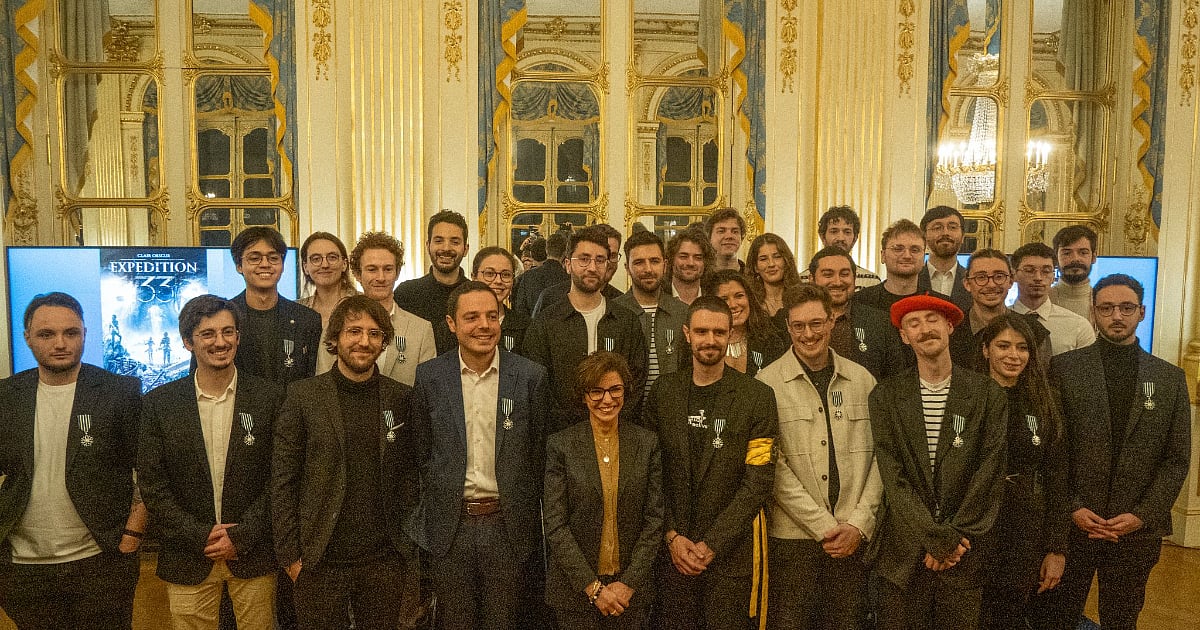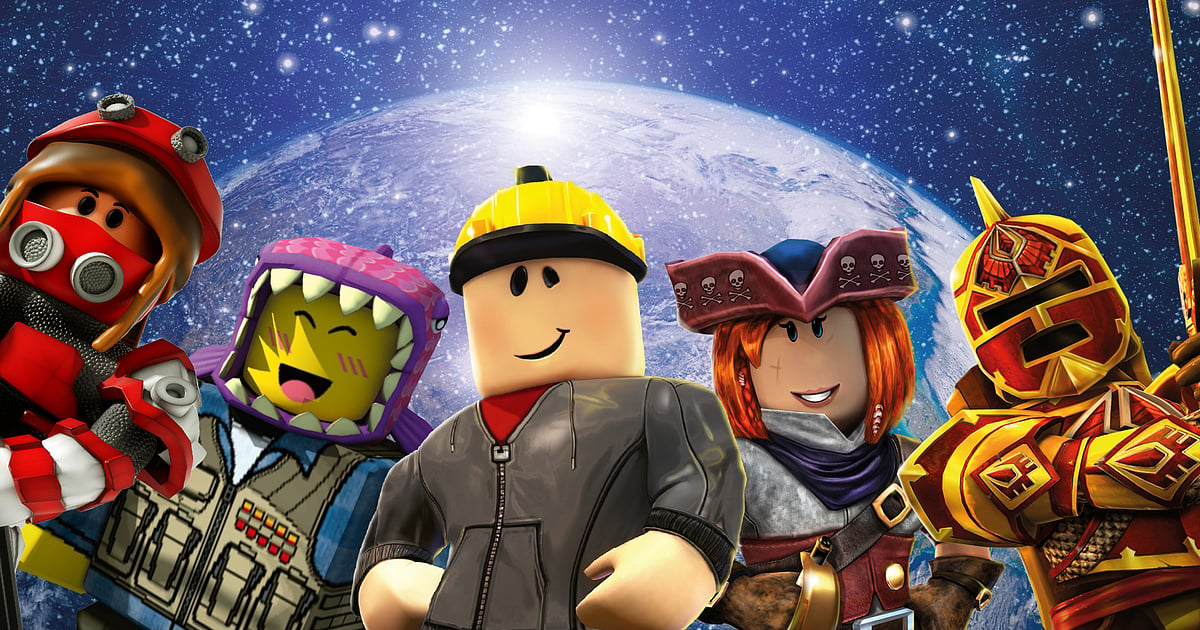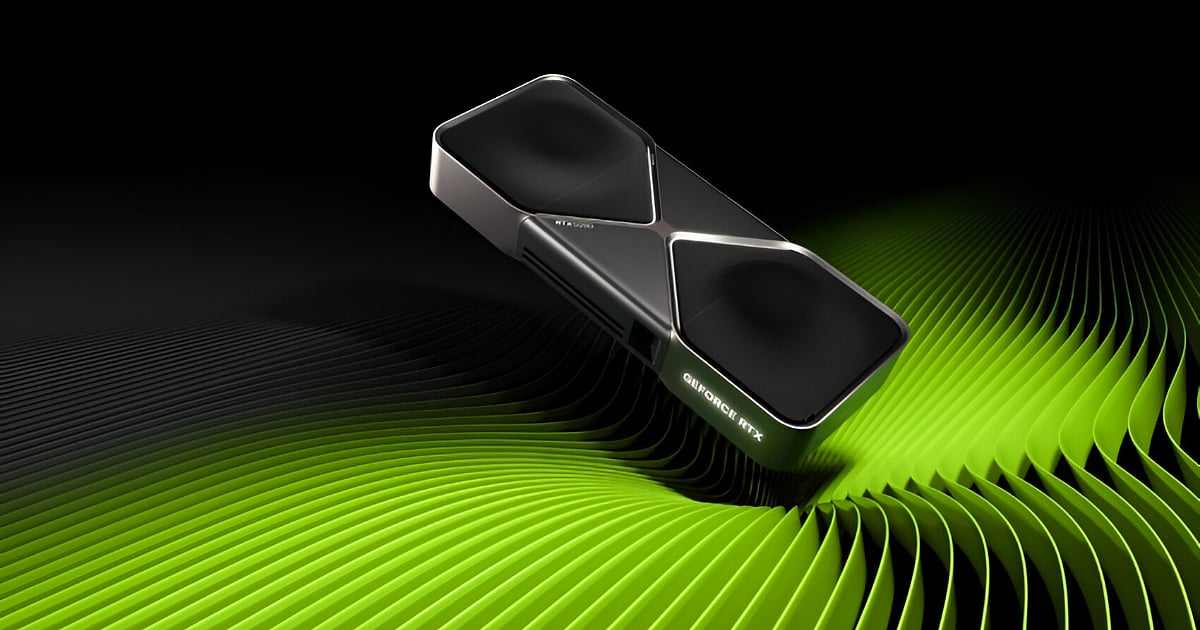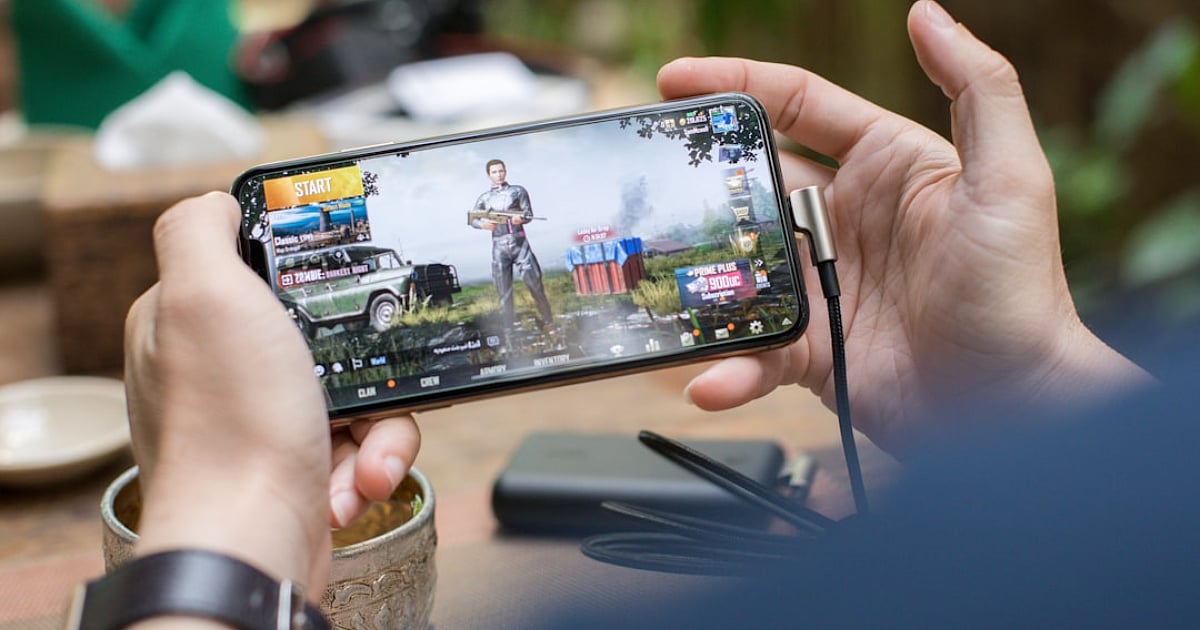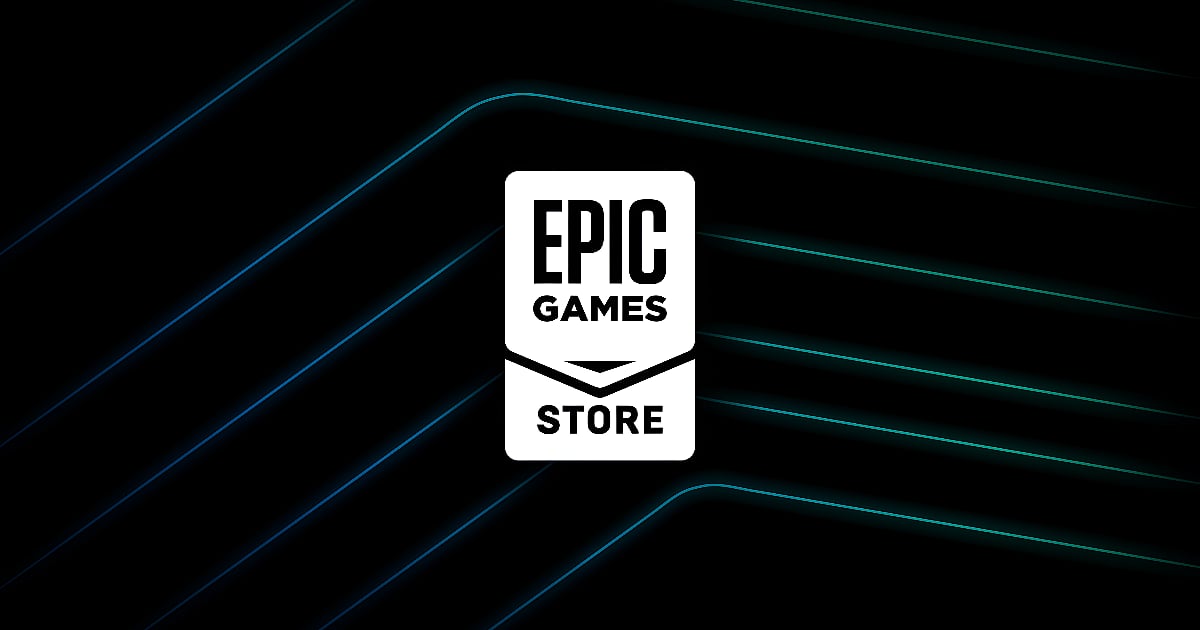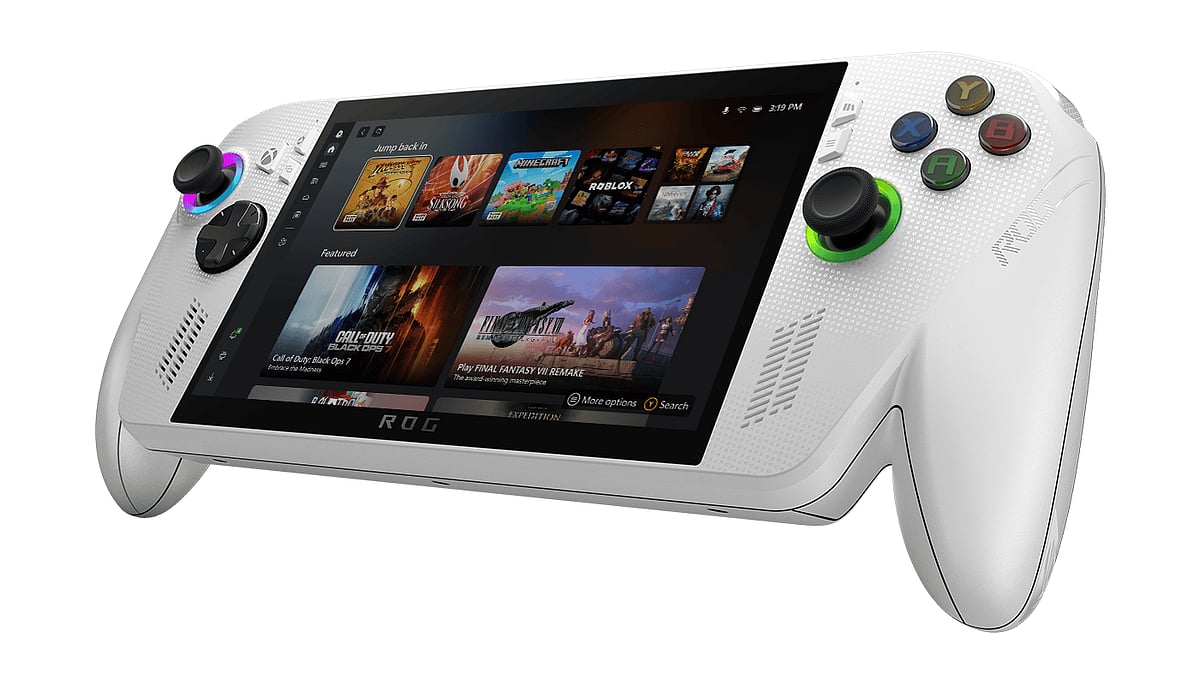
PC power in the palm of your hand. Is the ROG Xbox Ally the future of gaming?
Is The ROG Xbox Ally Microsoft's Escape From The Console Wars?
With the ROG Ally, Microsoft is betting that the future of gaming isn't a box under your TV but a subscription.
Highlights
- Microsoft's ROG Xbox Ally is a new handheld Windows 11 gaming PC.
- It highlights Microsoft's strategic shift from console sales to Game Pass subscriptions.
- Reviews praise its power but criticize its complex PC setup compared to a console.
For decades, the battle lines were clear: you were either a console player or a PC gamer. But that landscape is shifting, and Microsoft’s new handheld, the ROG Xbox Ally, signals a fundamental change. The question is no longer "PC or console?" but whether the box under your TV will matter at all in a few years.
Developed in partnership with hardware giant ASUS, the ROG Xbox Ally has been released worldwide, but it isn't a portable Xbox. It’s a full-fledged Windows 11 PC crammed into a handheld shell, designed to offer a console-like experience with the vast library of PC games.
On the eve of its release, reviews have flooded the internet, painting a complicated picture of a powerful, ambitious, but not-quite-perfect device.
A New Strategy: Services Over Sales
To understand the Ally, you need to look at Microsoft's evolving business strategy. The global gaming industry is a titan, projected to reach US$522.46 billion in 2025. But within Microsoft's gaming division, their own financial reports reveal a significant shift.
While overall gaming revenue grew in fiscal 2025, Xbox hardware revenue decreased 25% driven by a lower volume of consoles sold. What saved the day was a massive 16% surge in "content and services".
This is at the heart of Microsoft's new strategy. The growth isn't coming from selling consoles but from subscriptions to services like Game Pass, which has quietly become a nearly $5 billion-a-year engine.
The traditional console business, which relies on a high-risk cycle of hardware launches and exclusive games, is being sidelined. Microsoft is tired of playing that game and is betting its future on subscriptions. The ROG Xbox Ally is simply a premium delivery vehicle for that service.
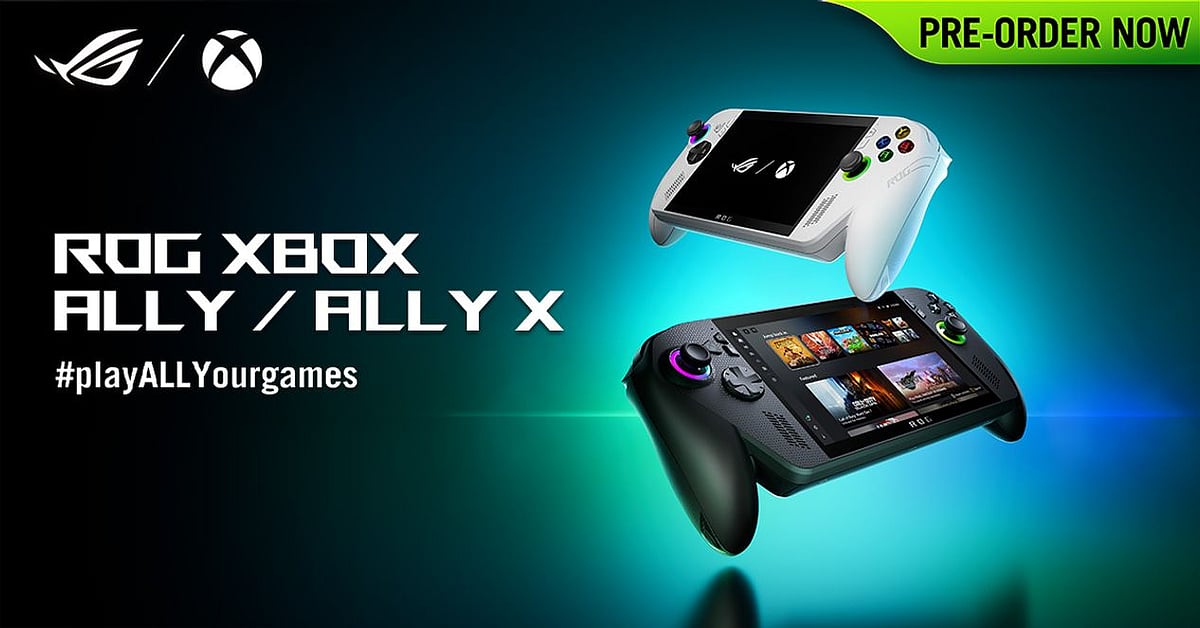
ASUS
Hands-On With The ROG Xbox Ally
The device feels comfortable, with a control layout that will be instantly familiar to Xbox players, featuring solid thumbsticks and great-feeling triggers. The LCD display screen is also impressive. While tech enthusiasts might question the choice of a higher-end OLED, the display is vibrant and sharp.
Firing up a colourful game like Persona 5 Royal showcases the deep reds and vivid detail beautifully, with the game playing smoothly without any stutters.
However, many reviews point out that the systems feel somewhat underbaked at launch, with significant barriers to setup and some early adopter quirks. The cheaper base model, in particular, has reports of it failing to charge and a recurring Windows bug that causes it to wake from sleep mode unexpectedly.
The PC Problem: Freedom vs. Friction
The most consistent note from reviewers is that the Ally operates more like a PC than a traditional console. At its core, the Ally is a Windows 11 PC. The main benefit of a console is the “it just works” factor; you launch a game, and it plays. The Ally, as a portable PC, requires more setup and finagling.
A demanding game like Baldur's Gate 3 requires tinkering with the graphics settings to run smoothly. While modern, less-intensive games like Hades II and Hollow Knight: Silksong run admirably, some older titles can present compatibility problems.
For instance, 2001's Sonic Adventure 2 had issues starting up due to bugs that required a PC-style fix. This highlights the device's core trade-off: it offers the freedom of a PC but with the occasional troubleshooting that console gamers aren't used to.
Furthermore, a marquee feature, the Xbox Full Screen Experience, meant to unify all your game libraries, was not fully functional in review units and will require post-launch patches.
A Universe of Games Without Walls
The Ally was built to work natively with Xbox Game Pass, but crucially, it only plays the PC versions of those games, not the console versions. Since the Ally is an open Windows PC, Microsoft can't force you to buy from its store. You can install Steam, the Epic Games Store, or any other PC platform.
This openness is why the device has a premium price tag. The white base model retails for $599.99, while the significantly more powerful black Ally X costs a staggering $999.99. Microsoft can't subsidise the hardware because there's no guaranteed return on game sales through a closed ecosystem, unlike the traditional "razor and blade" model for consoles.
The ‘Xbox Everywhere’ Dream
So why do it? This strategic pivot doesn't mean the traditional Xbox console is dead. CEO Satya Nadella has already greenlit the development of next-generation consoles for a 2027 release. Microsoft is playing a dual game: balancing its legacy hardware business while aggressively expanding into a future where "Xbox" is a platform you can access on any screen.
The ROG Ally enters a crowded market, competing against the powerhouse Nintendo Switch 2, Sony's PlayStation Portal, and Valve's Steam Deck, which kicked open the door for high-end PC handhelds.
While the Ally compares well, its biggest strength, running Windows, is also its main friction point, as users have to deal with system updates and a lack of polish not found on a dedicated console.
Even so, for its target audience, the allure of having Game Pass and their entire PC library on the go may be enough to justify the price. Microsoft isn't trying to win the console war anymore; it's trying to make the battlefield irrelevant.
Ultimately, the choice is no longer a simple binary of PC or console. The future they envision is one where your games and your community follow you from your TV to your desktop to the palm of your hand. The only choice you'll have to make is which ecosystem you want to live in.

Author
Krishna Goswami is a content writer at Outlook India, where she delves into the vibrant worlds of pop culture, gaming, and esports. A graduate of the Indian Institute of Mass Communication (IIMC) with a PG Diploma in English Journalism, she brings a strong journalistic foundation to her work. Her prior newsroom experience equips her to deliver sharp, insightful, and engaging content on the latest trends in the digital world.
Krishna Goswami is a content writer at Outlook India, where she delves into the vibrant worlds of pop culture, gaming, and esports. A graduate of the Indian Institute of Mass Communication (IIMC) with a PG Diploma in English Journalism, she brings a strong journalistic foundation to her work. Her prior newsroom experience equips her to deliver sharp, insightful, and engaging content on the latest trends in the digital world.
Related Articles


